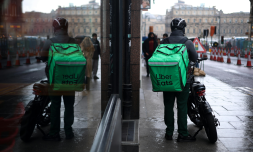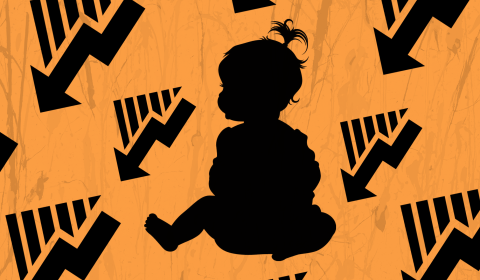A new study has found that – on average – a flight is cheaper than a train journey in Europe. Here’s what that means for the climate crisis.
If you live in Britain, you’re well aware of the daylight robbery that is rail travel. Travelcards aside, you’re likely to drop at least £100 for a 3 hour journey from London to Manchester. In Italy, however, a 2h, 55min journey from Rome to Milan weighs in at just €29.90.
The relative affordability of European trains is what entices thousands of young Brits to take part in the interrailing experience, where they can train hop across the continent for just €264.
But as it turns out, flying is still a cheaper option in Europe than rail.
Despite the fact that it produces more greenhouse gases than train journeys, and is decidedly less scenic, people still tend to head for the airport.
According to climate campaigners Greenpeace, train tickets are often double the price of flights along the same routes; in some cases, up to 30 times more expensive.
Due to tax breaks for airlines, uber-cheap flights are luring in tourists desperate for some summer escapism, and the planet is suffering as a result.
Flying is one of the most detrimental forms of travel when it comes to the climate. It’s also impossible to replicate in a greener way.
Unlike eating meat – where plant-based alternatives exist – or driving a car – when you can cycle or drive electric – flying is undeniably the most time-efficient and comfortable form of long-distance travel.
Stefan Gössling, a professor at Linneaus University in Sweden who has studied flight emissions, said the findings of the study ‘do not come as a surprise’, given how highly subsidised air travel is.
European airlines pay no taxes on kerosene and little-to-no tax on tickets or VAT.
A study published earlier this month by Transport and Environment, a green campaign group, found European governments lost out on €34.2bn from poor taxation on aviation in 2022. The “tax gap” is set to rise to €47.1bn in 2025, the report found.
The disparity between rail and air travel costs isn’t consistent across the continent. In Poland, for example, train travel costs half as much as flying. But the UK remains the most expensive country for rail travel, with passengers paying four times more for train journeys than flights.




















